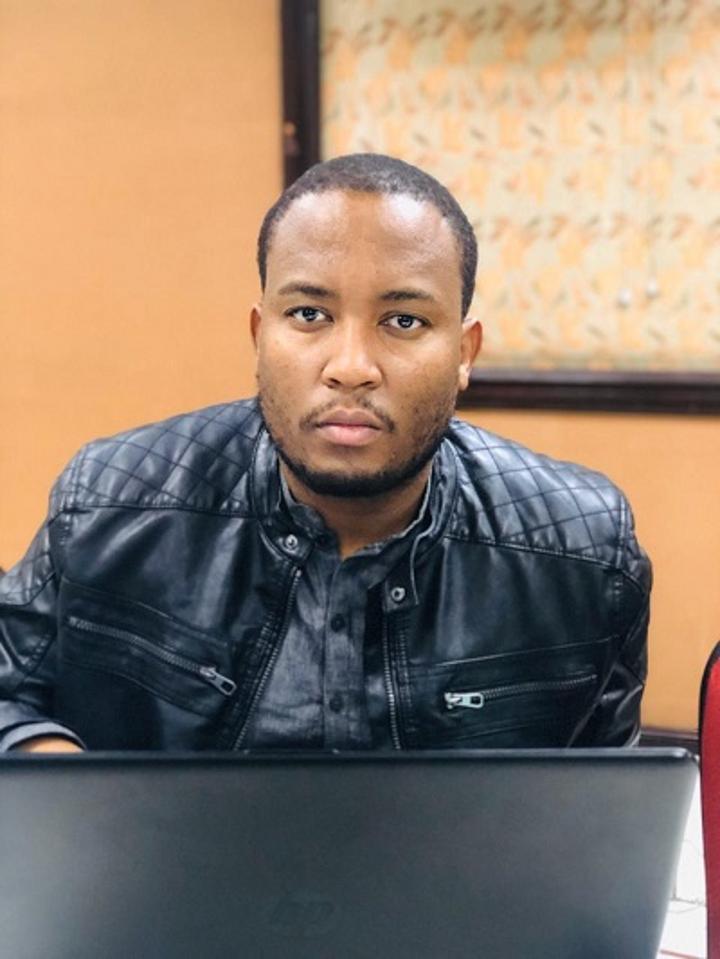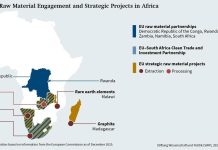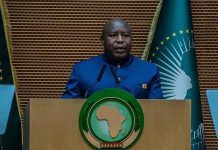Africa-Press – Lesotho. As a way of empowering women economically, Women First Self-Help Program was initiated where free business trainings and skills development incubations were
organized for 200 Basotho women. The initiative targeted women between the ages of 18 and 35 in three districts; Leribe, Maseru and Mafeteng. Women First Self-Help Program was implemented by Young African Leaders Initiative
(YALI) alumnus and Program Director Teboho Seboka and his team of YALI Alumni who won the U. S Exchange Program Alumni Competition-global Alumni Engagement Innovation Fundcompetition. Seboka
and his team Alumni received funding for a programme towards women empowerment. The Program thus started at the end of November in Leribe and will run until
March 2021. The program is funded by the United States (US) government, through the annual US Exchange Program Alumni Competition- global Alumni Engagement Innovation Fund
competition. This year the US department of State hosted the 10th annual Alumni Engagement Innovation Fund (AEIF) project competitions which focused on projects strengthening the role of women in peace, security and
governance, promoting protection of women and girls from violence, abuse and exploitation. Seboka explained that together with his team of Alumni, they developed a mentorship
programme to help young women to become economically independent and it will be running for the first time in the country. He further said the program is a Six-month initiative that entails six weeks
training and one site visit per intake as well as two full weeks’ practical trainings from experts in the fields of beauty culture, Spa therapist, artisan
and jewelry design. He added that the program aims to equip at least 200 Basotho women with practical abilities that they could use to start, run and successfully manage their own
businesses. “The opportunity comes when the world faces the hardest time in the recent history – dealing with the effects of the Coronavirus pandemic,” he
said. Seboka noted that most women who used to cross over to neighboring South Africa to search for jobs are no longer able to do so due to the pandemic.
He said most women in the rural areas of Lesotho are trapped in a vicious cycle of poverty due to a lack of diverse education and skill-building opportunities.
Seboka emphasized that young girls are forced to drop out of school to take over household responsibilities, and many never had the chance to go back.
He said even in cases where they complete their education, getting a job is a challenge due to high unemployment rate. “They end up becoming sex slaves and some are being
trafficked, while others become domestic workers in the neighboring South Africa,” he added. The program he said seeks to capacitate recipients with practical skills which they can use to start and successfully manage businesses.
The Programme Director further stated that those who are interested need to submit a motivation letter of why they would like to be part of the program
and should have a minimum qualification of a Junior Certificate (JC). He revealed that 50 women have already started in Leribe, noting that the biggest
challenge is with transportation of trainees as some live far away from the training centre. “Our wish is to avail accommodation where they can stay during
this period,” he said. One of the trainees, Puleng Makhale from Hlotse Leribe said ever since the training started, everything has been running smoothly.
For More News And Analysis About Lesotho Follow Africa-Press






